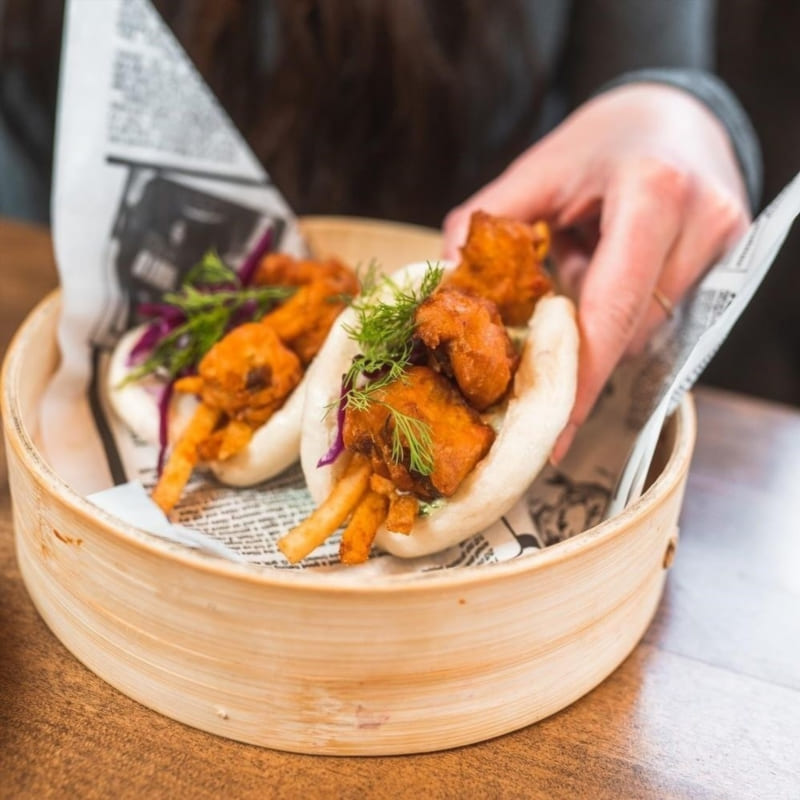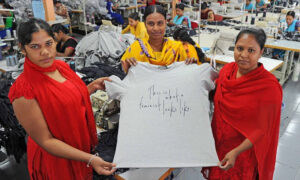The Street Food Scene in Calgary
With the Rocky Mountains as a picturesque backdrop, Calgary has rapidly transformed into a hub for eclectic culinary delights on wheels. Food trucks, reminiscent of the flavors of this bustling Canadian city, offer everything from the comfort of traditional poutine to gourmet artisanal sandwiches.
But beyond the delectable dishes, there’s a burgeoning movement, a whispered conversation on the lips of every food truck owner: how do they reduce their ecological ‘foodprint’? You’d be mistaken to think it’s all gravy, because going green is no cakewalk in this industry.
The Carbon Footprint of Street Eats
Consider this: A truck burns fuel, requires packaging for on-the-go convenience, and sometimes even relies on energy-consuming appliances. The cumulative effect? A sizable carbon footprint, every day. According to a National Geographic report, street vendors often face a higher ecological burden per dish compared to their brick-and-mortar counterparts. source
The Challenges of Sustainable Packaging
Remember that beautifully plated taco you ‘grammed last summer? Now, think about the plastics that went into that packaging. Synthetic materials are the norm due to their cost-effectiveness. But the irony is thick as gravy — serving eco-friendly food in plastic feels a lot like shooting oneself in the foot.
The Green Initiatives Rising from the Ashes
But it’s not all doom and gloom! Calgary’s food truck community is stirring the pot and coming up with innovative solutions.
Collaboration is Key
It’s said that too many cooks spoil the broth. Yet, in Calgary, collaboration among food truck owners has resulted in pooling resources to invest in eco-friendly practices. By banding together, these mobile kitchens have been able to purchase compostable packaging in bulk, scoring both environmental and economic brownie points.
Powered by the Sun
Solar panels are making their way onto these mobile kitchens. This isn’t just a flash in the pan either. Trucks equipped with solar panels not only cut down on fuel costs but also reduce their greenhouse gas emissions. The move towards solar also has the added perk of branding the business as ‘green’, which, let’s face it, is a great selling point in today’s market. And when the sun’s not shining? Batteries store excess energy, ensuring the griddle stays hot and business keeps sizzling.
The “Localvore” Movement
Calgary food trucks are riding the wave of the “localvore” movement. For the uninitiated, it’s the practice of sourcing ingredients locally, and boy, is it taking the food scene by storm!
- Reduced Transportation Emissions: By cutting down on the miles that ingredients travel, trucks drastically reduce associated carbon emissions.
- Supporting Local Economy: Beyond the green impact, there’s gold to be had. The local economy gets a much-needed boost when trucks source from local farms and businesses.
- Fresh and Seasonal Menus: Eating locally also means eating seasonally. This not only results in fresher ingredients but also dishes that resonate with the current climate, both weather-wise and culturally.
The Road Ahead: Is It Paved with Green Intentions?
It’s clear that Calgary’s food truck community is on the right track. But is it enough?
While many trucks have started their green journey, there’s a long road ahead. An all-encompassing solution remains elusive. For instance, while compostable packaging is a step forward, the energy and resources that go into producing these materials can’t be ignored.
However, the silver lining remains: awareness and the willingness to change are the first steps. By supporting these mobile kitchens in their green ventures and voicing our concerns, we can be the change catalysts, guiding them towards a greener tomorrow.
So, next time you’re biting into a juicy burger from a Calgary food truck, think about its foodprint. And maybe, just maybe, the change you wish to see in the world can begin with that single bite.






